How to Maintain and Protect Your Copper Gutters on the Main Line
Copper gutters reflect the architectural care and attention Main Line homes are known for. Maintenance keeps them working and keeps your property...
6 min read
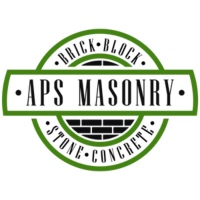 Alec Serowatka
:
Jul 17, 2025 10:14:00 AM
Alec Serowatka
:
Jul 17, 2025 10:14:00 AM
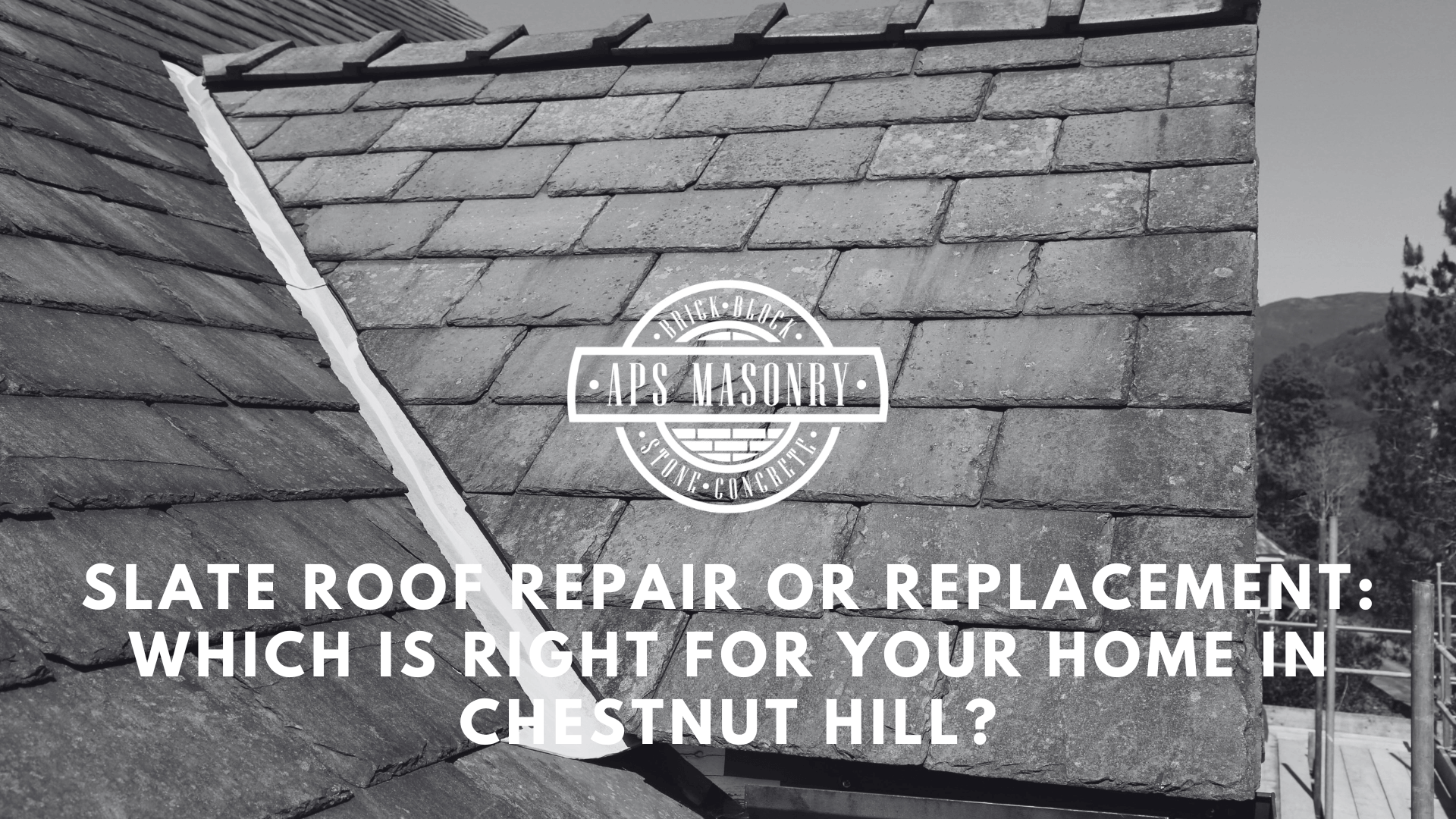
Local knowledge matters. We know Chestnut Hill homes, and we connect you with trusted roofers when it’s time to protect your investment the right way.
Slate roof repair or replacement: which is right for your home in Chestnut Hill? That question isn’t theoretical—it’s urgent for homeowners facing leaks, loose tile, or failed flashing. Chestnut Hill roof repairs come with added layers of complexity: historic preservation codes, original slate materials, and the demand for roofing contractors with deep local expertise. General roofing services won’t cut it. You need roofing solutions that preserve your roof’s integrity and your home’s curb appeal.
From slate roofs with minor repairs to full roof replacement projects involving the roof deck and flashing, Chestnut Hill homeowners have decisions to make. Not every roofing company understands the impact of Philadelphia’s weather, and not every roofer has the skill to handle slate. Our role as a local general contractor is clear: we offer the insight, local knowledge, and trusted contacts that connect you to the expert roofing services your property deserves. Whether it’s shingle roofing, storm damage roof repair, or a new roof installation for long-term energy efficiency, you should be working with people who understand the roofing materials and the house.
Not sure whether your slate roof needs repair or full replacement?
We’ve worked on Chestnut Hill homes long enough to know when it’s time to act—and who’s best for the job. APS Masonry Contracting is deeply connected to the trades that specialize in roofing work across Philadelphia. If you’re looking for the right team, we’ll point you in the right direction. No pressure. Just straight answers from a trusted local contractor.
Chestnut Hill homes are not built like newer properties in South Philly or the outer suburbs. Most were constructed between the late 19th and mid-20th centuries, often with steep roof pitches, original slate roofs, and architectural guidelines that still shape every roofing project today. The result is a neighborhood where slate roof repair or replacement requires more than basic roof installation—it requires deep local expertise, familiarity with preservation restrictions, and an understanding of the roofing materials originally used.
Chestnut Hill roof repairs often involve matching aged slate, securing custom flashing, or addressing subtle damage from storm debris without disturbing the surrounding tile. Roofing contractors unfamiliar with the area can easily overreach—recommending full roof replacement when only minor repairs are needed. The job isn’t just about waterproofing. It’s about preserving both beauty and function in homes where the roof is often the most visible part of the property.
When done correctly, residential roofing work in Chestnut Hill can preserve a home’s aesthetic appeal while quietly extending the roof’s lifespan. But the wrong approach—wrong materials, rushed installation, or missed details—undermines both performance and curb appeal. That’s why roofing projects in this part of Philadelphia depend on local knowledge.
Not every slate roof issue calls for a complete tear-off. In many cases, targeted roof repair is the smarter choice—especially when the structure and materials still hold. Here’s when minor repairs are the right move for your Chestnut Hill home:
Isolated leaks around chimneys or flashing
➤ These are often caused by metal fatigue or seal failure, not failure of the slate itself.
Cracked or slipped tiles in limited areas
➤ If less than 10% of the slate roof is compromised, replacing individual tile sections can preserve the roof’s integrity.
No signs of roof deck deterioration
➤ If the slate is aging but the deck remains solid, repair is more cost-effective than full replacement.
Storm damage roof repair needs
➤ Wind-lifted tiles or fallen debris can usually be addressed without removing entire roofing systems.
Gutters and drainage performing normally
➤ If water isn’t pooling at the eaves or backing into the fascia, chances are you’re dealing with surface-level damage.
No evidence of systemic moisture intrusion
➤ Staining on attic rafters or sagging insulation can suggest deeper issues. If absent, you're likely safe with repairs.
For many slate roofs, particularly in Chestnut Hill where quality materials were used in the original build, minor roofing work done correctly will extend the roof’s lifespan by decades. Just make sure the roofer handling the job understands how slate behaves, how to work without cracking neighboring tiles, and how to source matching materials.
There are times when slate roof repair is no longer enough. Full roof replacement becomes the better investment when the structure, materials, or installation have failed beyond practical recovery. Here’s when it’s time to consider a complete roof replacement for your Chestnut Hill home:
More than 20% of slate tiles are damaged or missing
➤ Widespread deterioration usually means underlying issues with the roof deck or underlayment.
Soft slate or low-grade materials were used originally
➤ Not all slate is equal. Some older roofs used softer slate types with a lifespan of 40–60 years. Delamination, crumbling edges, or flaking layers signal the end.
Underlayment or roof deck has failed
➤ If the roof deck is rotting or shows signs of trapped moisture, minor repairs won’t solve the core problem. The entire system must be rebuilt.
Ongoing leaks after multiple repairs
➤ Repeated roofing work that fails to stop interior moisture means the problem is systemic—not isolated.
Major flashing and valley damage
➤ In slate roofing systems, flashing is one of the most common failure points. When it’s beyond repair, full roof replacement becomes more cost-effective.
Visible sagging or structural deflection
➤ A compromised roof structure puts the entire house at risk. This goes beyond roofing materials and speaks to the property's long-term safety.
Plans for solar panels or major upgrades
➤ Projects that involve mounting hardware or modifying the roof surface require a stable base and proper installation to avoid future leaks.
Chestnut Hill homes deserve roofing solutions that match the original quality of construction. A full roof replacement isn’t just a response to damage—it’s an opportunity to rebuild with roofing materials that offer a long lifespan, energy efficiency, and resilience in Philadelphia’s climate.
The type of roofing system on your Chestnut Hill home plays a direct role in whether repairs are practical or if a full roof replacement makes more sense. Below is a breakdown of the most common materials used—and how each one affects decision-making on cost, longevity, and aesthetic appeal.
Slate is the defining material of many Chestnut Hill homes. It has a long lifespan, often exceeding 100 years with proper installation and regular inspections. Minor repairs—like replacing cracked tile or re-securing flashing—can usually extend performance for decades.
Cost: High upfront cost, but low maintenance over time. Repair work is labor-intensive and priced per tile.
Aesthetic: Preserves historic curb appeal and adds both beauty and long-term value.
Replacement Consideration: Full roof replacement becomes necessary when tile degradation is widespread or the roof deck has failed.
Cost vs Value: Slate offers unmatched longevity. While the initial expense is higher, homeowners investing in slate often avoid full replacement for generations—making it one of the most cost-effective materials long term.
Shingle roofing is sometimes used in less prominent areas or on additions. It’s easy to install and more affordable than slate, but it has a shorter lifespan and shows wear more quickly—especially under Philadelphia's climate conditions.
Cost: Lower cost upfront and for repairs, but more frequent replacement needed.
Aesthetic: Blends with some materials but lacks the visual depth of slate or tile. Can lower a home's curb appeal if mismatched.
Replacement Consideration: Often replaced as a whole system; individual repairs may not be cost-effective depending on age and condition.
Cost vs Value: Shingles are budget-friendly up front, but repeated replacements can narrow the gap in long-term value when compared to more durable systems.
Metal roofs are highly resistant to storm damage and debris. While less common in traditional Chestnut Hill architecture, they’re occasionally used on additions or modern renovations.
Cost: Moderate to high depending on material (standing seam vs corrugated).
Aesthetic: Sleek and durable, but may clash with older stone or brick homes.
Replacement Consideration: Long lifespan (40–70 years), but repairs can be complex. Once damaged or punctured, full panel replacement is often required.
Cost vs Value: A strong performer in terms of durability and energy efficiency. Not always suitable visually, but it delivers high ROI in the right setting.
Flat roofing systems appear on porches, garages, and rear extensions. These surfaces require more frequent inspection due to pooling and drainage issues.
Cost: Moderate installation price, with ongoing maintenance needed to avoid leaks.
Aesthetic: Functional but often hidden from view. Contributes less to overall aesthetic appeal.
Replacement Consideration: Full roof replacement is common once seams fail or water intrusion occurs under the membrane.
Cost vs Value: Lower aesthetic return but practical when maintained. Flat roofs often require replacement every 15–20 years, so lifecycle costs need to be budgeted accordingly.
In Chestnut Hill, a roof isn’t just a weather barrier—it’s part of the house’s identity. These homes weren’t built for shortcuts, and the roofing decisions they require aren’t one-size-fits-all. Whether you’re dealing with slate tiles from the 1920s or shingle additions from the ‘80s, the repair-or-replace question isn’t about trends or quick wins—it’s about what holds up structurally, visually, and historically.
Homeowners here don’t need generalized advice. They need local knowledge, clear answers, and the right specialists for the job at hand.
If you're not sure what your roof needs, start with someone who knows the area. APS Masonry Contracting has deep local expertise in Chestnut Hill homes, and we work closely with roofing contractors who know how to handle slate, shingle, flat, and metal systems the right way. We don't do roofing jobs—but we know who does. If your roof is raising questions, we’ll help you find the right answers.
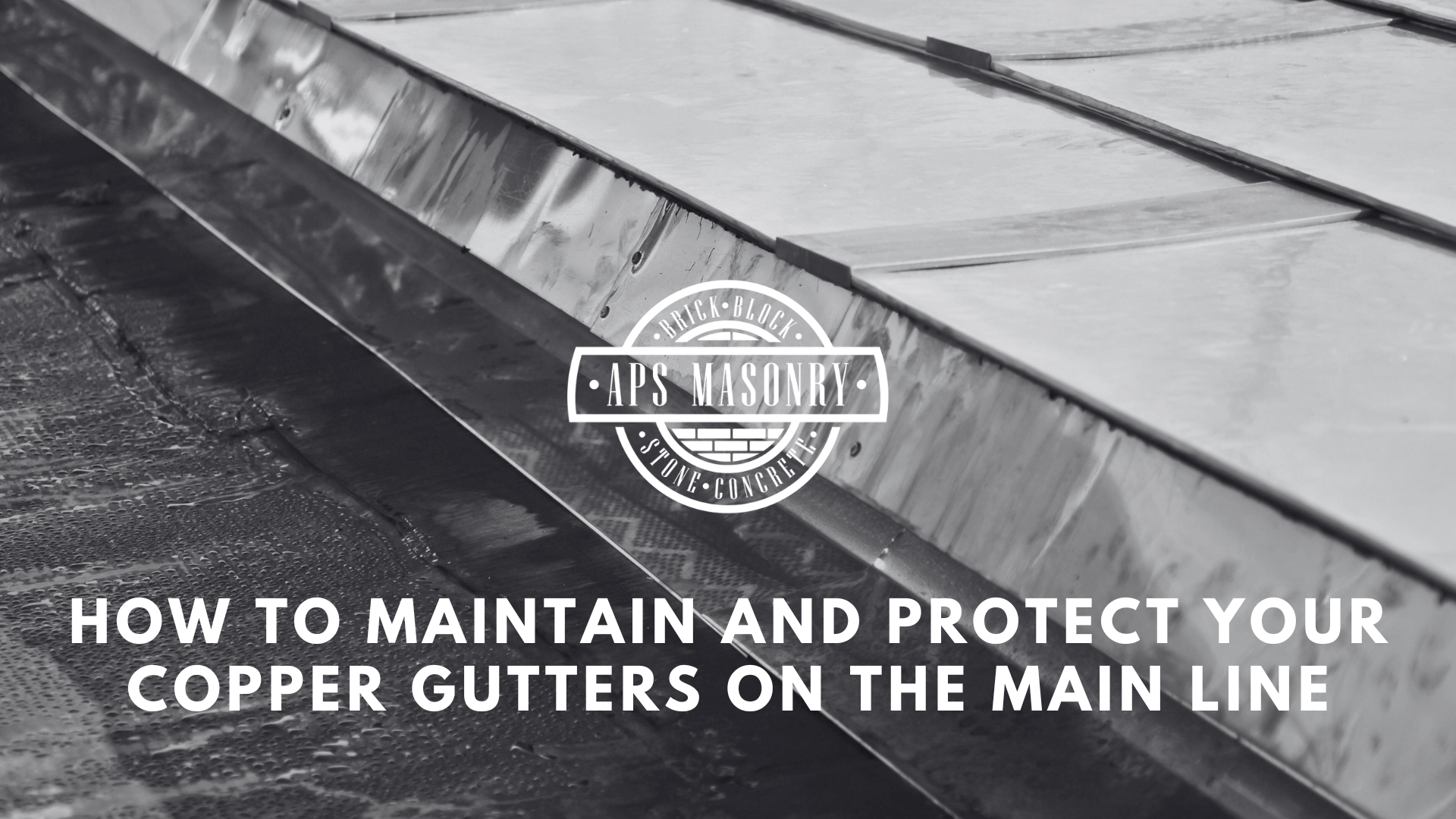
Copper gutters reflect the architectural care and attention Main Line homes are known for. Maintenance keeps them working and keeps your property...
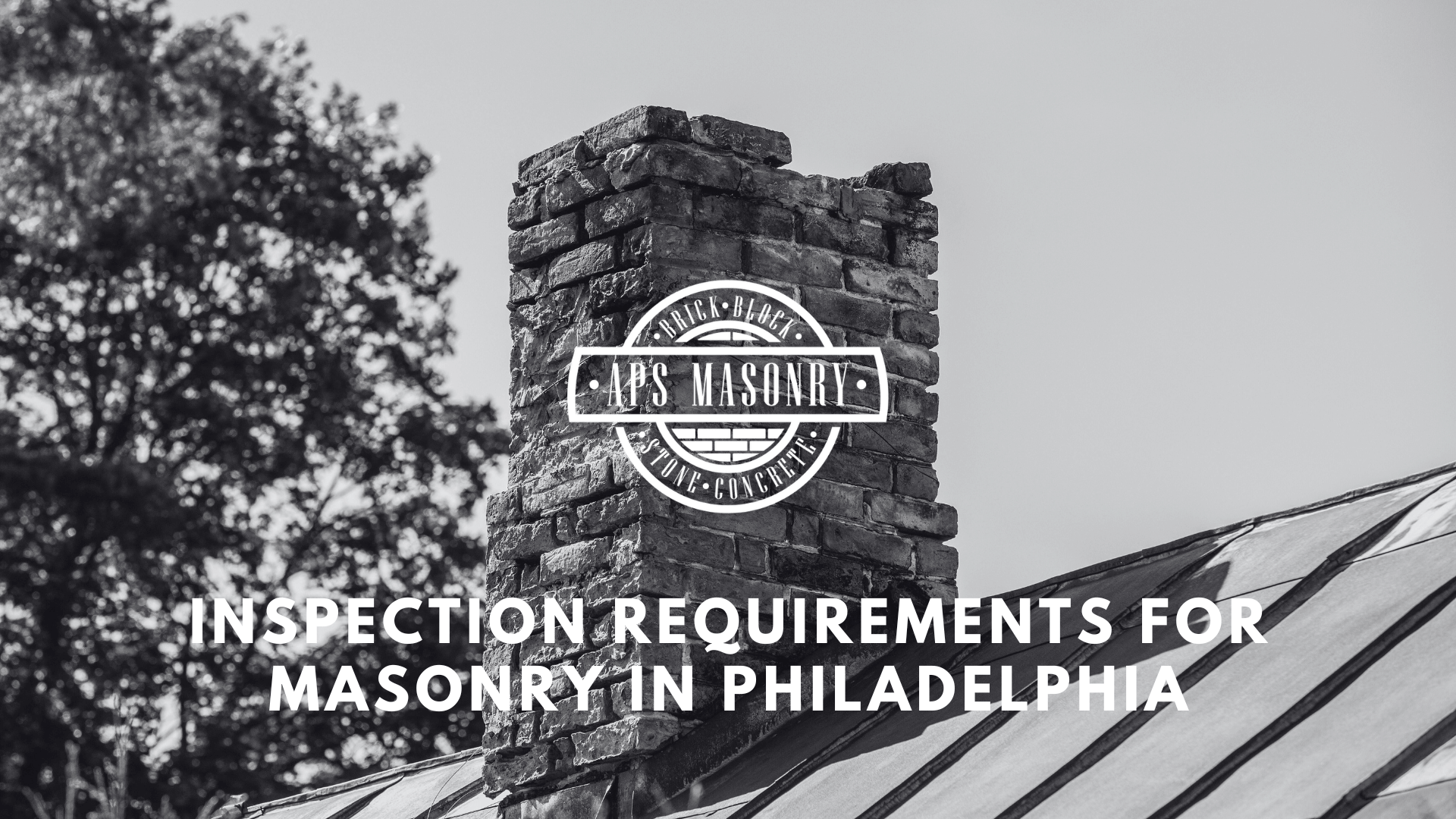
Getting masonry work done in Philadelphia isn’t as simple as hiring a contractor and breaking ground. If you're building steps, repairing a facade,...
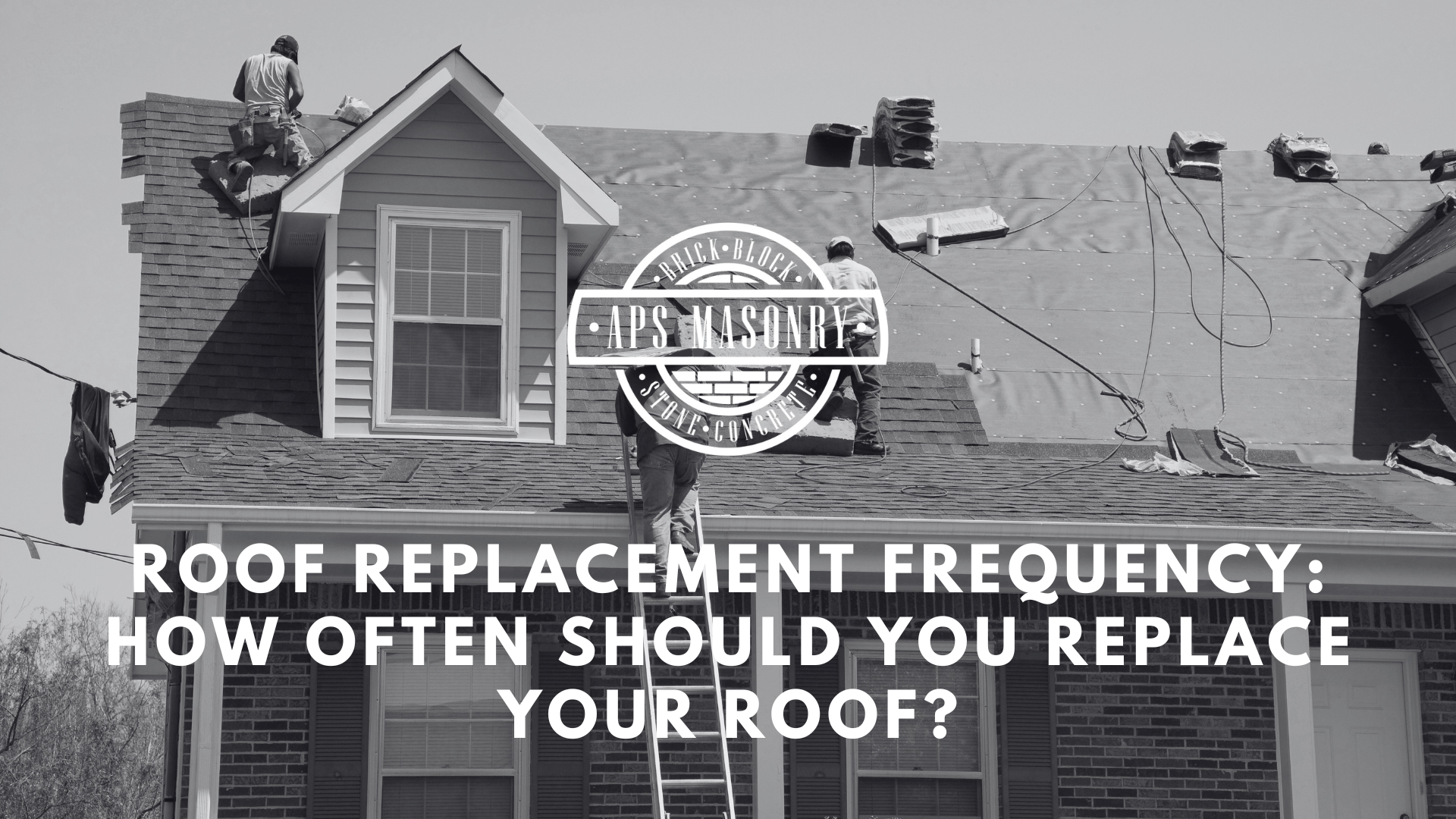
Did you know that the average roof needs to be replaced every 20 to 25 years? Or that ignoring signs of damage can lead to costly repairs down the...